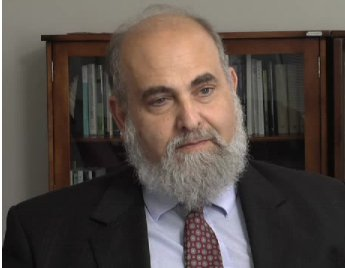Related

Feb 06,2013
Reducing Drug Trafficking Violence in Mexico
by
Brandon Fuller

Aug 14,2012
Mark Kleiman on Drug Policy and Reducing Violent Crime
by
Brandon Fuller
In a recent report for the New York Fed, Claudio Frischtak and Benjamin Mandel find Rio’s Pacifying Police Unit (UPP) program has reduced homicides and robberies and increased property values since it’s introduction in 2008.
In 2007, anticipating the run up to the 2014 World Cup and 2016 Olympics, the reformist state government designed UPP to tackle two major security problems: the control of favelas by criminal gangs and the widespread complicity of corrupt police officers. The intermediate objective is to establish the permanent presence of an honest and modern police force in the favelas. The end goal is to reduce crime and violence, establish the rule of law, and improve people’s access to public services. After special forces enter a favela and expel the criminal gangs, the state installs a large police station staffed by relatively young officers — officers who have received special training in community policing and are not tainted by a history of corruption.
Frischtak and Mandel find that the UPP accounts for 14 percent of the decline in city-wide homicides since the city’s peak homicide rate in May 2009. This translates into roughly 60 people in the municipality of Rio in 2011. They also find that the UPP accounts for about 20 percent of the fall in robberies since mid-2009. As for property values, they estimate that UPPs account for 15 percent of the growth in house prices since January 2008. Because their housing data only covers formal property markets, their estimates may understate the contribution of UPP to the value of informal housing in the favelas.
The authors also find that UPP explains about half of the reduction in the dispersion of city-wide property prices. This implies that UPP led to larger increases in property values in neighborhoods that had been characterized by higher levels of crime and lower amenities. To the extent that the wealth of lower-income families is primarily tied to the value of their homes, the crime reduction strategy may have helped to reduce disparities in household wealth.
Author’s blog post highly recommended (study here).
For a more in-depth description of the UPP program, see Richard Bennet’s case study for Princeton’s Innovations for Successful Societies. For a critical account of the program, see Greg Scruggs story in Next American City’s online publication, Forefront.
Hat tip to NYU Stern MBA Ismael Orenstein.
Please fill out the information below to receive our e-newsletter(s).
*Indicates required.